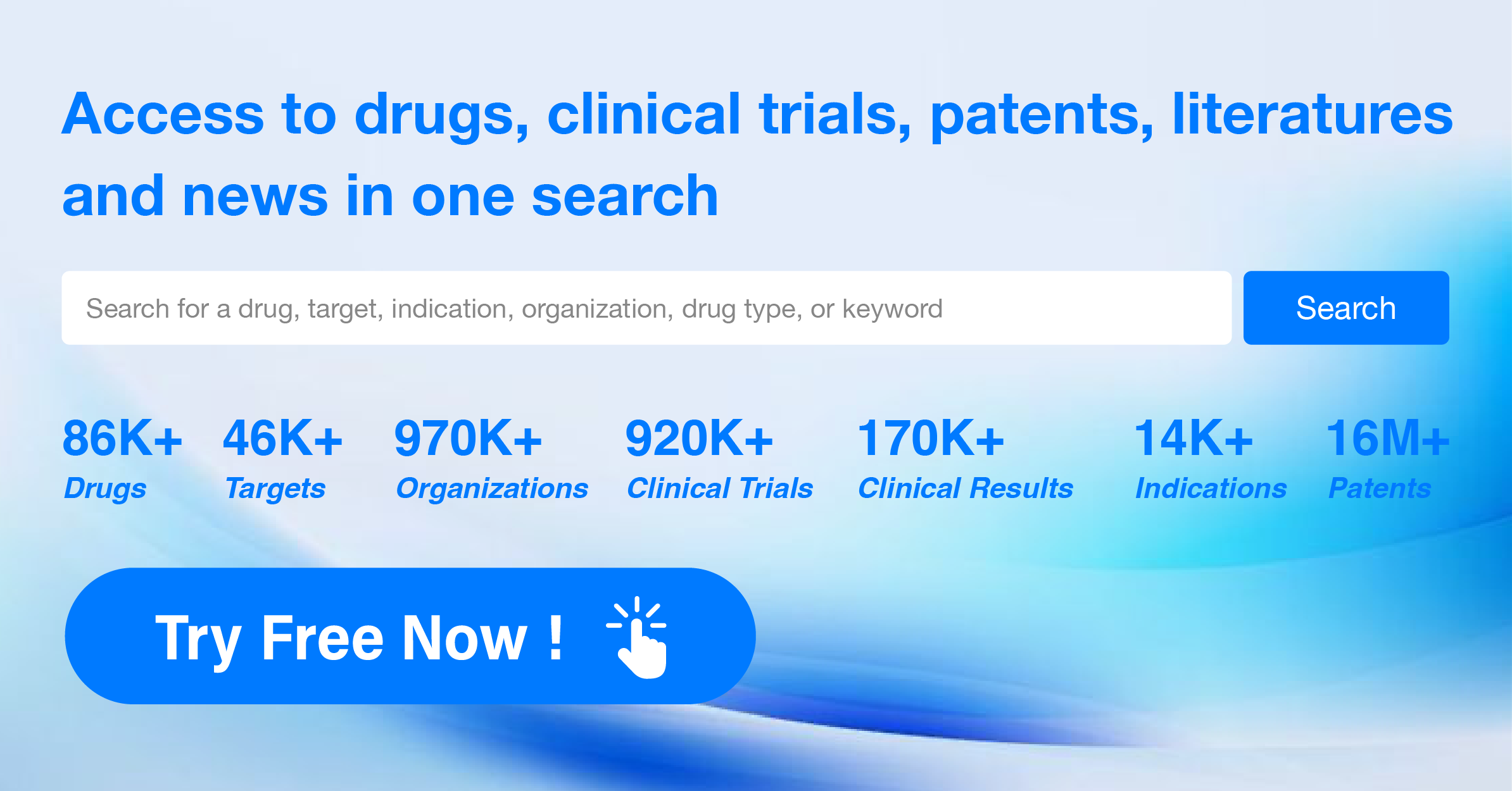ProLynx Launches Phase I/II Trial of DNA-Damaging PLX038 for Rare CNS Tumors at NCI
On February 5, 2024, ProLynx Inc., a biotech firm based in San Francisco, initiated a Phase I/II clinical study involving PLX038, a PEGylated form of SN-38, for treating primary central nervous system (CNS) tumors with MYC or MYCN gene amplifications. The trial is being overseen by Dr. Marta Penas-Prado and Dr. Mark Gilbert, investigators from the National Cancer Institute (NCI), part of the National Institutes of Health (NIH).
MYC genes are crucial in regulating genes that control cell division. Elevated levels of these genes are linked to the development of various cancers and can lead to DNA alterations that form "topoisomerase complexes." Amplifications of MYC and MYCN are observed in several types of primary CNS tumors, including 30% of medulloblastomas that have relapsed and MYCN-amplified ependymomas, which are known for their aggressive nature and resistance to treatment. Tumors with MYC or MYCN amplifications have high levels of topoisomerases, making them potential targets for topoisomerase inhibitors.
PLX038 is a novel prodrug derived from SN-38, the active metabolite of the chemotherapy drugs irinotecan and sacituzumab govitecan, which inhibits topoisomerase 1. The drug's innovative design involves the covalent attachment of SN-38 to a nanomolecule, allowing for a gradual release of the active compound. This results in a prolonged half-life, reduced peak concentration (Cmax), and increased exposure, which are essential for the drug's safety and effectiveness. Preclinical studies have demonstrated that PLX038 can accumulate in CNS tumors and slowly release SN-38.
The NCI-led trial aims to evaluate the safety and efficacy of PLX038 in treating the specified CNS tumors. The Phase I portion will determine the optimal dosage for the subsequent Phase II study. The Phase II study will involve three separate groups: newly diagnosed MYCN-amplified ependymoma patients, patients with recurrent ependymoma or medulloblastoma with MYCN or MYC amplification, and patients with other types of recurrent primary CNS tumors that have MYC or MYCN amplifications.
The Phase II trial will also include tumor biopsies during treatment to study biomarkers related to response and resistance, such as SLFN11, MYC, MYCN, and the expression levels of Top1, 2a, and 2b. This information could help identify patients who are most likely to benefit from the treatment. In collaboration with The Office of Patient-Centered Outcomes (OPCORe), the research team will gather patient-reported outcomes to assess the therapy's impact, including its toxicity, the severity of symptoms, and its interference with daily life and physical functioning.
ProLynx's co-founder, Daniel V. Santi, expressed enthusiasm about the collaboration with NCI investigators to introduce innovative treatments for patients with rare CNS cancers, with the aim of enhancing their treatment outcomes. He also noted that conventional short-acting topoisomerase 1 inhibitors have shown promise in certain CNS tumors and expressed optimism that a long-acting SN-38 could offer improved efficacy and safety.
Further details about the clinical trial can be found on the clinicaltrials.gov website under the identifier NCT06161519. For individuals interested in participating in the trial, they can contact the NCI's toll-free number at 1-800-422-6237 (TTY: 1-800-332-8615), visit the provided website, or email the specified address. ProLynx is dedicated to developing proprietary systems to enhance the pharmacokinetics and efficacy of vital drugs.
How to obtain the latest research advancements in the field of biopharmaceuticals?
In the Synapse database, you can keep abreast of the latest research and development advances in drugs, targets, indications, organizations, etc., anywhere and anytime, on a daily or weekly basis. Click on the image below to embark on a brand new journey of drug discovery!




